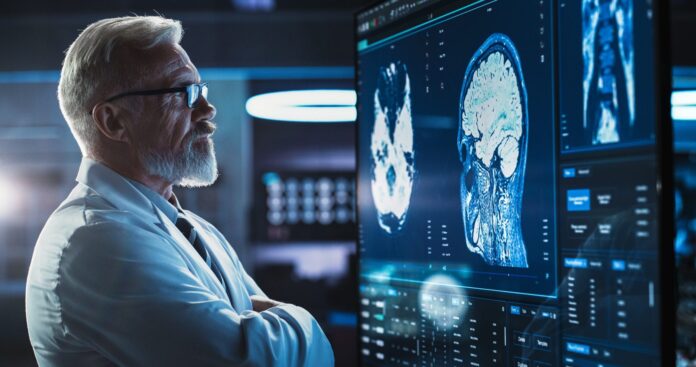Medical image segmentation is crucial for accurate diagnoses and treatment in healthcare. Traditionally, it required extensive manual annotation by radiologists, which is time-consuming and costly. However, a new AI tool developed by researchers at UC San Diego addresses this challenge by using a generative deep learning framework. This innovative system learns from just a handful of annotated images—potentially as few as 40—while generating synthetic images to enhance its learning process. This reduces the need for extensive datasets by up to 20 times, improving segmentation accuracy by 10 to 20%. The tool has demonstrated strong performance across various medical tasks, including detecting skin lesions and breast cancer, making it accessible for smaller clinics with limited resources. The continuous integration of feedback from segmentation performance enables refined data generation, revolutionizing how medical imaging tools can be developed and used, leading to faster diagnoses and improved patient outcomes.
Source link

Share
Read more